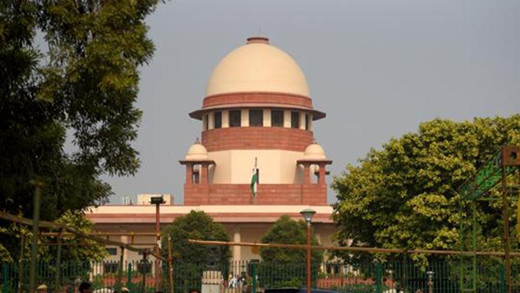
Muslim personal law board opposes SC petition that seeks to end polygamy
Manglore Today News Network
New Delhi, Jan 27, 2020: The All India Muslim Personal Law Board (AIMPLB) has moved Supreme Court to make them party in the case where the bench led by Chief Justice of India (CJI) is hearing a Public Interest Litigation (PIL) against the petition challenging Islamic practices of polygamy and nikah halala.

The AIMPLB told the Supreme Court on Monday that the issue was already settled in a 1997 judgment and personal laws cannot be tested for violation of fundamental rights.
In 1997, the Supreme Court had refused to interfere with the practice of polygamy saying the matter was a policy decision and the courts should not interfere.
The petitioner Ashwini Kumar Upadhyay submitted that polygamy violates Section 494 of Indian Penal Code which prohibits bigamy and nikah halala amounts to rape under Section 375 of IPC.
The petitioner submitted that religious leaders, imams, maulvis, who propagate and support and authorise practices like nikah halala and polygamy are grossly misusing their position, influence and power to subject Muslim women. These practices which treat women as property violating their fundamental rights enshrined in Articles 14, 15 and 21 of the Constitution, it has been argued.
“It is submitted that the failure to secure the same equal rights and life of dignity for Muslim women violates their most basic human and fundamental right to life of dignity unmarred by gender discrimination, which in turn have a critical impact on their social and economic rights to say the least,” the petition said.
While the practice of polygamy is outlawed in India, an exemption has been made for the Muslim community under the Muslim Personal Law (Shariat) Application Act, 1937.
The act provides for application of Muslim personal law in matters relating to marriage, succession etc among Muslim parties.
Similarly, the practice of nikah halala is also permitted. As per this practice, once a Muslim woman has been divorced, her husband is not permitted to take her back even if he had pronounced talaq under influence of any intoxicant, unless his wife undergoes nikah halala, which involves her marriage with another man, who subsequently divorces her so that her previous husband can re-marry her.
Courtesy:hindusthantimes